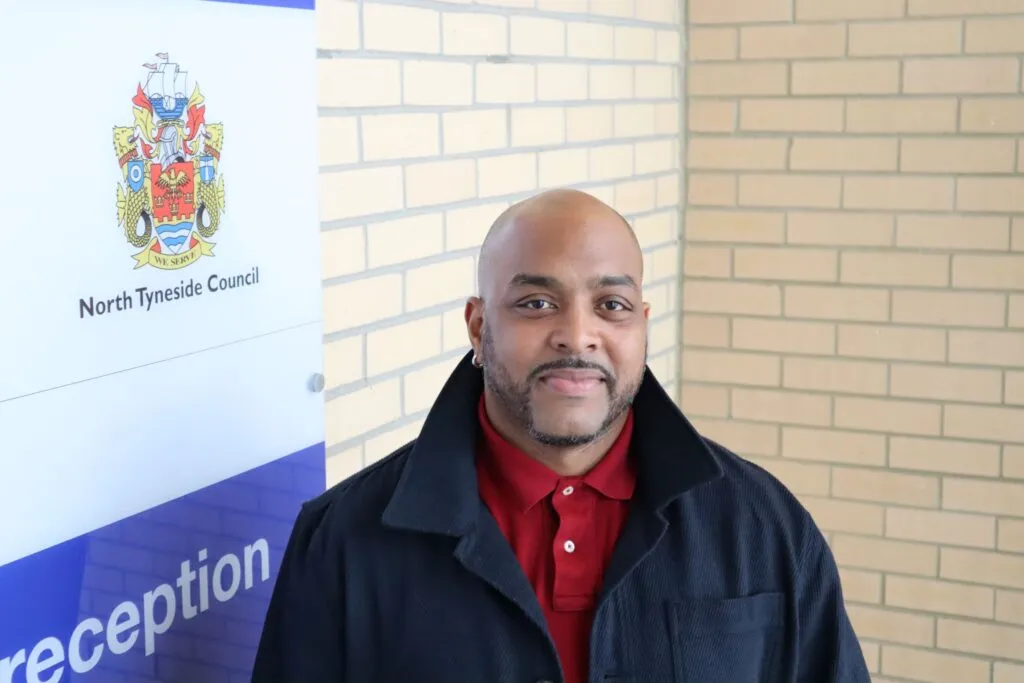Social Worker
Social workers help to protect vulnerable children and adults from harm or abuse, and support people to live independently.
You could support lots of people including older people, those with learning disabilities, physical disabilities and mental health conditions such as people with depression, anxiety, schizophrenia and personality disorders.
Day-to-day activities
Key responsibilities:
- Finding out what type of care and support the person needs.
- Doing assessments to make sure people continue to get the right care.
- Offering information and counselling.
- Intervening when people need support or safeguarding.
- Keeping records and writing reports.

Requirements for the role
Skills
What you’ll need:
- Counselling skills including active listening and a non-judgemental approach.
- Problem solving skills to advise people on the best support for them.
- Sensitivity and understanding.
- Digital skills to keep records and find information online.
- The ability to accept criticism and work well under pressure.
- An enhanced DBS (Disclosure and Barring Service) check would be required.
Qualifications
You may also need:
- A university course.
- An apprenticeship.
- A graduate training scheme.
- 2 to 3 A levels, or equivalent, for a degree.
- A degree in any subject for a postgraduate course.
- You could do a Social Worker Level 6 Degree Apprenticeship, which takes around 3 years.
- You’ll need experience of working with vulnerable groups or children for most courses and jobs.
- If you already have a 2:2 (second class) degree, you could do an intensive, work-based training programme to gain a master’s degree or postgraduate diploma in social work.
Training & Progression
You can also benefit from:
- During your first year as a social worker, your employer might offer you professional development, like the Assessed and Supported Year in Employment (ASYE).
- Regular supervision.
- A training and development plan.
- Time to meet your training and development needs.
- Study for a postgraduate MA in Advanced Professional Practice with a local authority.
- research or study for a PhD
- move into management
- become a practice educator and train and mentor students
There may be opportunities to progress into senior social work roles and supervise others or work in different services with different people. If you already have an undergraduate degree you could do a postgraduate diploma or masters in social work to develop your knowledge.
You might progress into specialist social work roles such as a senior mental health practitioner or safeguarding and reviewing specialists. This means you would specialise in one area of work. You could also become a practice education and train students from a local university.
View our career pathways tool to help guide you with your future in social care.
Browse our learning opportunities page to help get the support you are looking for.

